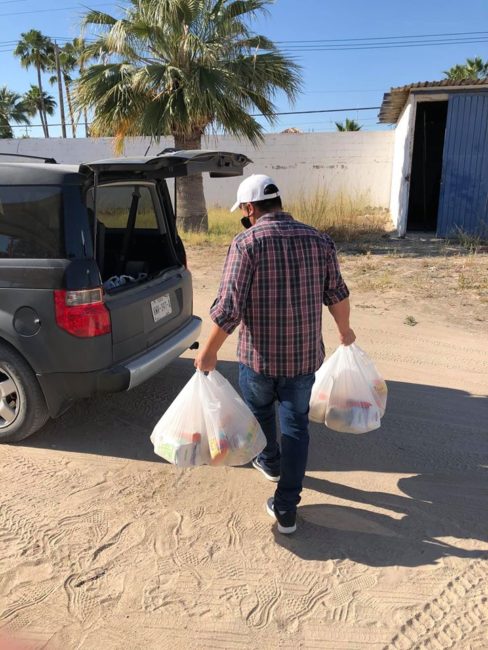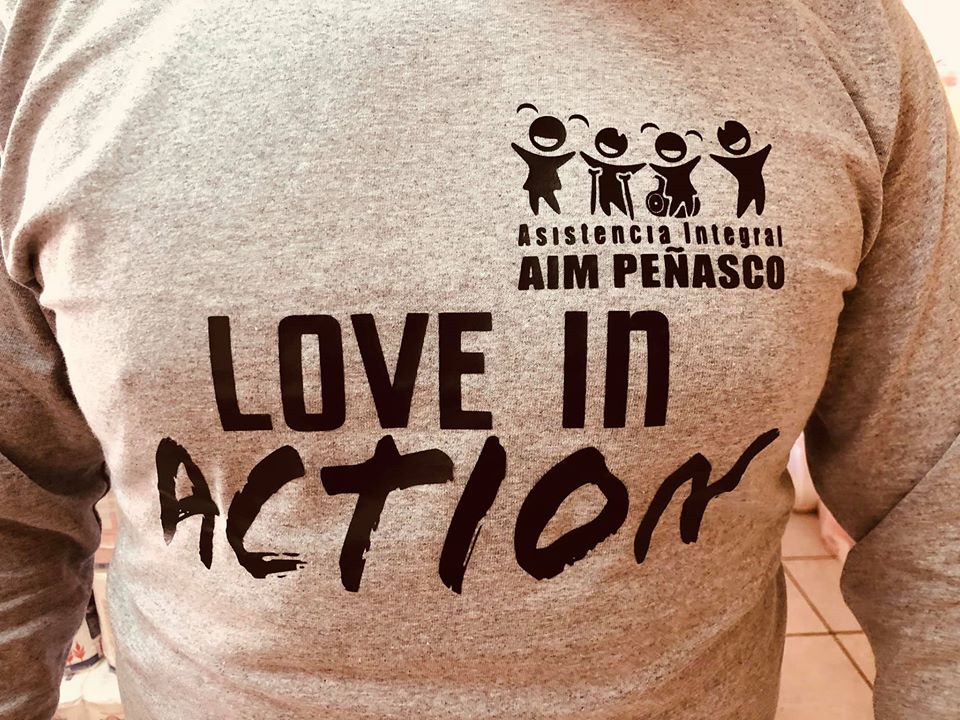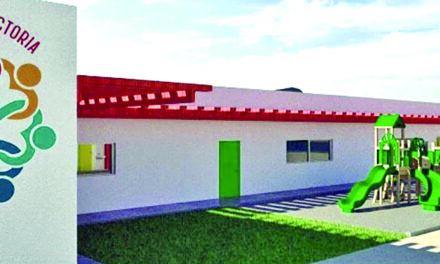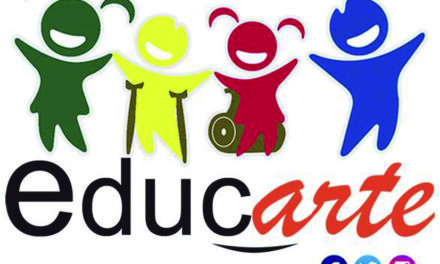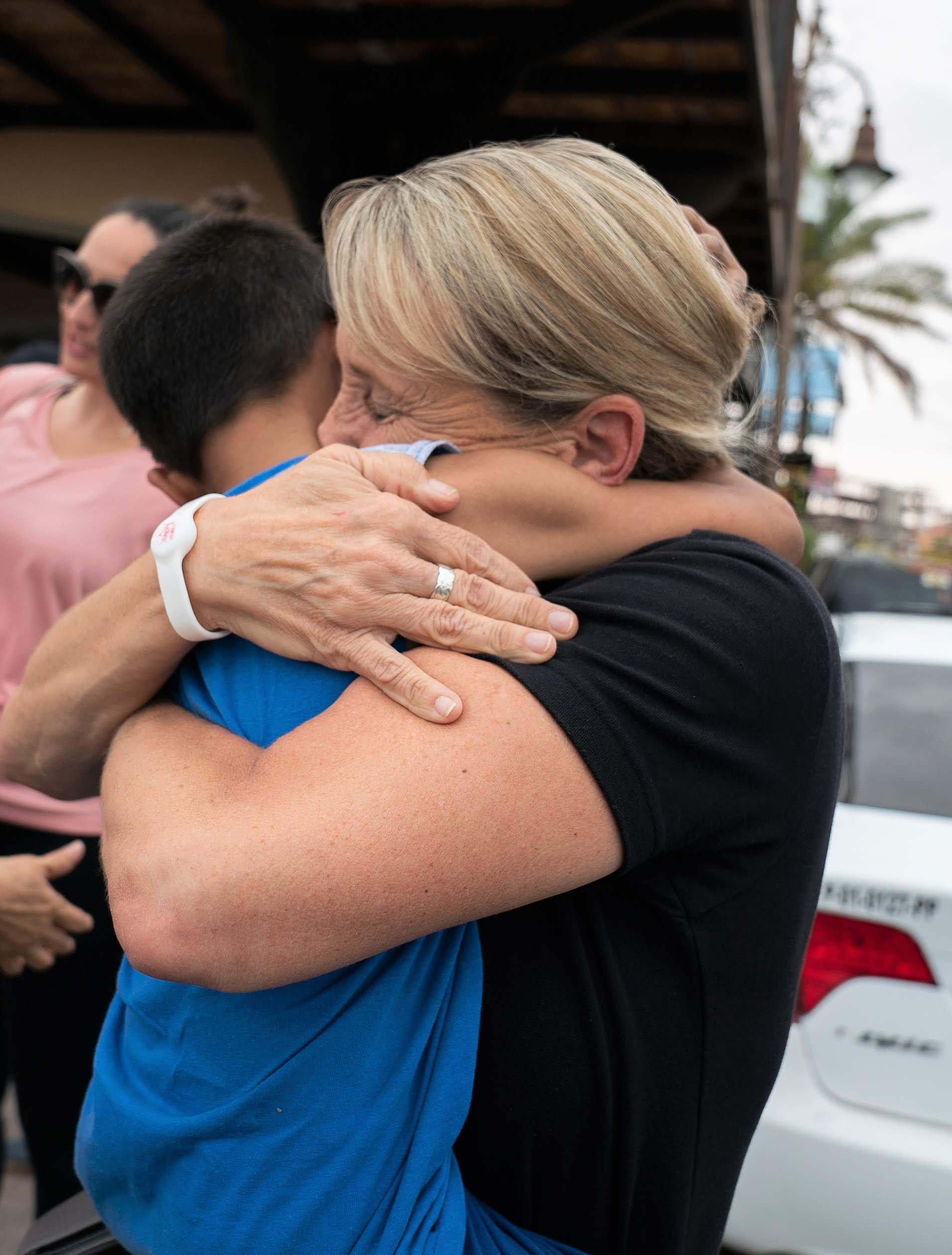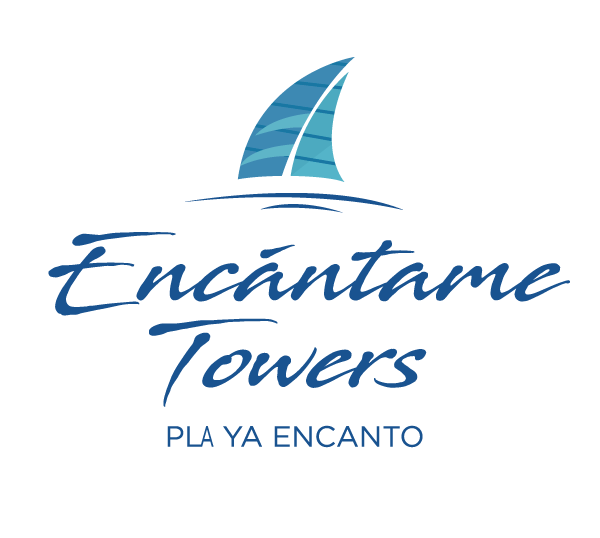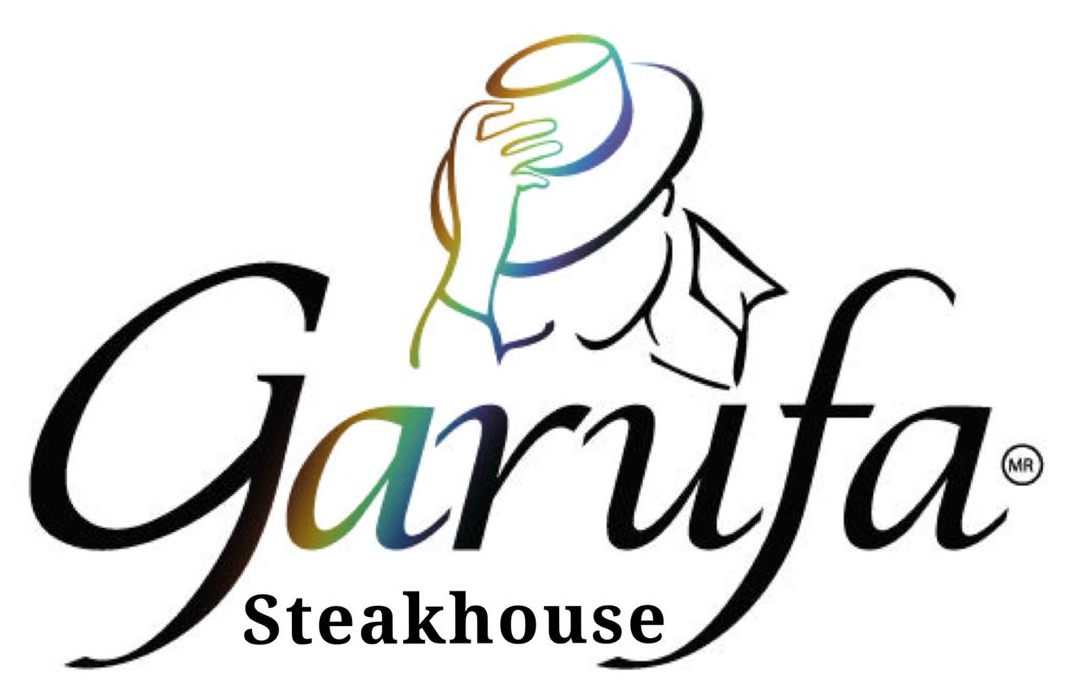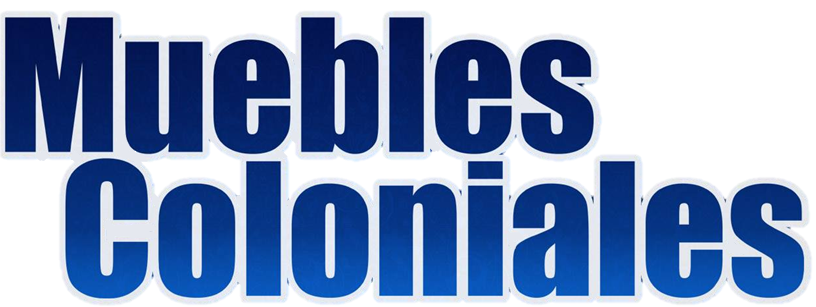With our beloved Puerto Peñasco community in crisis, we had to respond.
Since 2016 our U.S. non-profit, Steps of Love, and the Mexican non-profit that I founded, AIMPeñasco (AIM) have been working together to provide young people in Puerto Peñasco with a path out of poverty through education. At the start of 2020 our local education program was in full-swing and thriving.
In just 3 ½ years we had grown from supporting 72 students to almost 600; we had a record number of students who had graduated from high school and were attending college; our local team had grown to 20 professionals, all committed to the success of each one of our 588 students; and we were developing an English language program to enhance our students’ opportunities for future employment.
Unfortunately, the COVID-19 crisis brought all of this to a halt. Border and business shutdowns in a community so dependent on tourism left an unprecedented number of locals suddenly without jobs. Soon many families were unable to meet their family’s basic needs.
While the local government quickly expanded its relief efforts, the unprecedented need made it impossible for them to provide essential support to all those suddenly without access to food. Because we have strong teams on both sides of the border that have maintained a commitment to financial accountability and transparency, we found ourselves uniquely positioned to play a significant role in supporting relief efforts. Working closely with the local government and health departments, our AIM team quickly converted their largest homework club into a food pantry. Meanwhile, our Steps of Love team in the U.S. quickly shifted our fundraising efforts from education to food and established a Puerto Peñasco Crisis Relief Fund.
Here is a summary of what our joint effort has been able to accomplish as of May 10th:
1) With generous support from both sides of the border, more than 600 donors helped us raise over $100,000 in just 6 weeks.
2) Steps of Love committed to continuing to pay the salaries of the AIM team so that all funds raised went directly to providing food for those in urgent need.
3) Each week the AIM team worked tirelessly creating ‘despensas’ that would feed a family of four for one week. In just six weeks more than 4,000 ‘despensas’ were distributed feeding more than 16,000 children and adults.
4) By purchasing food in bulk and making the ‘despensas themselves, the AIM team was able to keep the average cost to under $12 a week per family of four.
5) By collaborating with several trusted local volunteer groups, the AIM team was able to increase the number of ‘despensas’ distributed each week from 50 – 60 per day at the end of March to 200 per day by mid-May.
We have been happy to be able to help with basic needs at a time of crisis, but we are looking forward to returning our focus to education!
Families in our program who were barely getting by before COVID-19 now face a new set of struggles in meeting their children’s basic needs. We don’t want the lose the tremendous gains we have realized through our unique, bi-national partnership. So, while our temporary priority remains helping this community survive, we are completely committed to resuming our educational program—and helping our students and families thrive again—as soon as it’s safe to do so. I could not possibly be prouder of how our AIM team stepped up to help during this time of crisis and I am incredibly grateful for the support we have received from so many on both sides of the border.
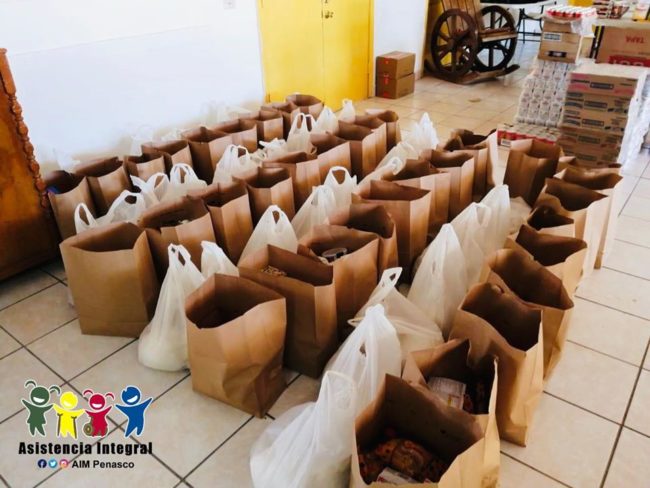
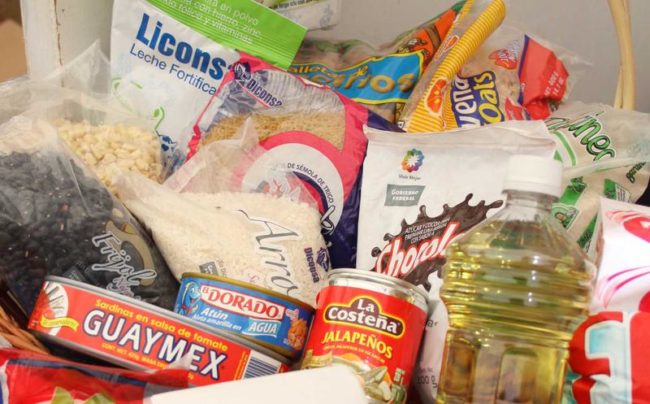
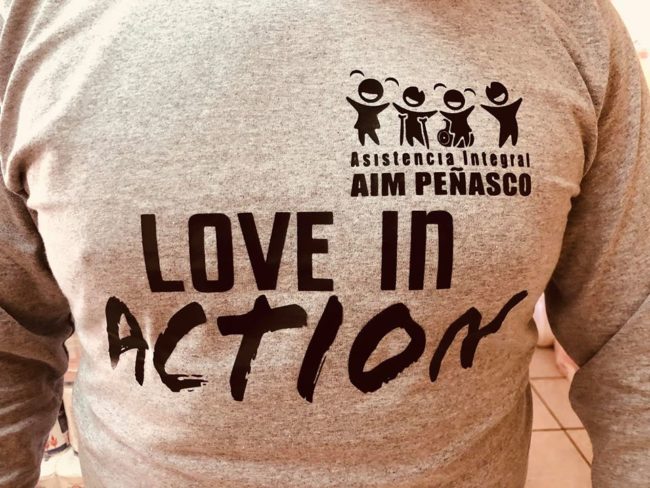
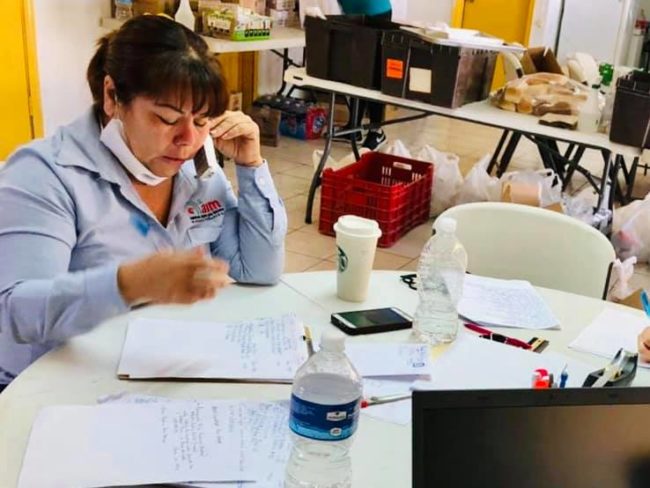
went to those truly in need.
